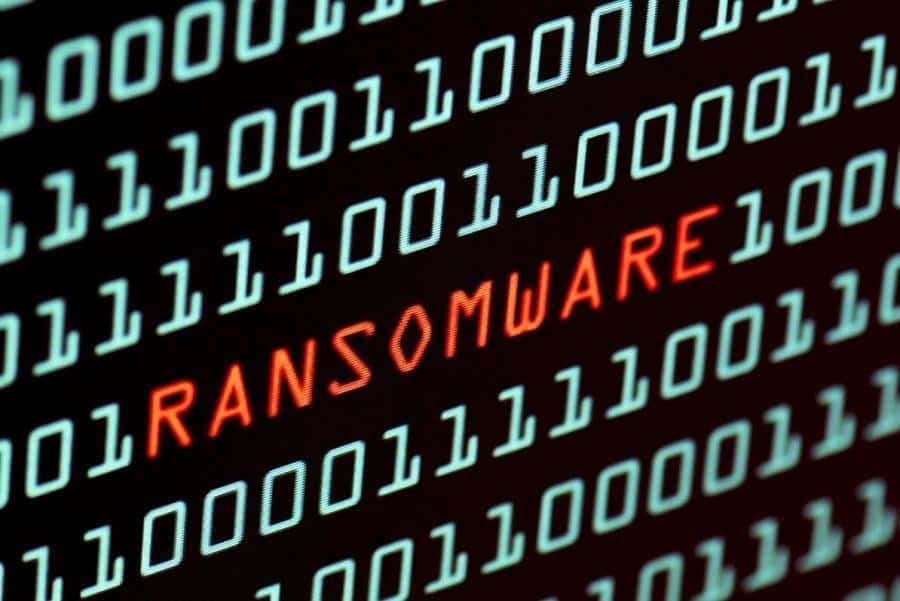
Finland's National Bureau of Investigation has reportedly made significant progress in tracing Monero (XMR) The transaction is part of an ongoing investigation into the criminal trial of Julius Alexanteli Kivimäki.
Kivimaki is accused of hacking into the database of a private mental health company and demanding a ransom payment in virtual currency.
according to Local media coverageprosecutors released new evidence on January 22, revealing a cryptographic trail leading to Kivimaki's bank accounts.
The hacker allegedly demanded 40 Bitcoins, worth around 450,000 euros at the time, from psychotherapy service provider Vastaamo in exchange for not releasing the records of more than 33,000 patients.
When the ransom was not paid, Kivimäki allegedly targeted individual patients.
Finnish police allege that the hackers received payments in Bitcoin, transferred the funds to a non-compliant Know Your Customer (KYC) exchange to convert them to Monero, and transferred them to a dedicated Monero wallet.
The funds were then reportedly sent to Binance, where they were exchanged back into Bitcoin before being transferred to various other wallets.
The local government maintains secrecy and does not reveal details about the on-chain analysis.
An interesting day in Finland. #vastaamo pic.twitter.com/FupGQ9fWWE
— Joe Tidy (@joetidy) January 19, 2024
Monero uses privacy-enhancing technology to obfuscate transactions
Monero is well known for its strong privacy features, with its official webpage claiming that it is “untraceable.”
This cryptocurrency employs privacy-enhancing technologies such as Ring Confidential Transactions (RingCT), Ring Signatures, and stealth addresses.
RingCT mixes a user's transactions to obscure the true source of funds, while Ring Signatures hides the sender's identity by presenting the sender as part of a group of possible senders.
Additionally, Monero's stealth addresses allow you to generate a unique address for each transaction, making it difficult to link multiple transactions to the same recipient.
The ability of Monero and other anonymous cryptocurrencies to completely anonymize users has drawn scrutiny from authorities around the world.
In 2019, Eric Wert, head of the French Parliament's finance committee, proposed banning anonymous cryptocurrencies, including Monero, citing concerns about circumventing identity verification procedures.
U.S. authorities are also closely examining Monero.
In 2020, the Internal Revenue Service (IRS) offered a reward of up to $625,000 to anyone who could crack a supposedly untraceable privacy coin.
As reported, ransomware attackers are increasingly demanding payment in privacy coins like Monero, which is still mostly accepted. Bitcoin (BTC) Payments come with a premium.
“Most of the groups and stocks listed as using XMR are relatively new,” crypto intelligence firm CipherTrace said in a report.
CipherTrace data shows that in total, at least 22 ransomware groups (not all of which are currently active) accept only XMR, and 7 other ransomware groups accept both BTC and XMR. revealed.
Analysts have discovered over 50 groups and stocks using XMR, while the list of groups and stocks using BTC is well over 1,000.
For example, the cybercrime hacking group DarkSide is perhaps best known for: attack colonial pipelinesaccepts payments in both BTC and XMR, but payments in BTC incur an additional fee of 10% to 20%.


